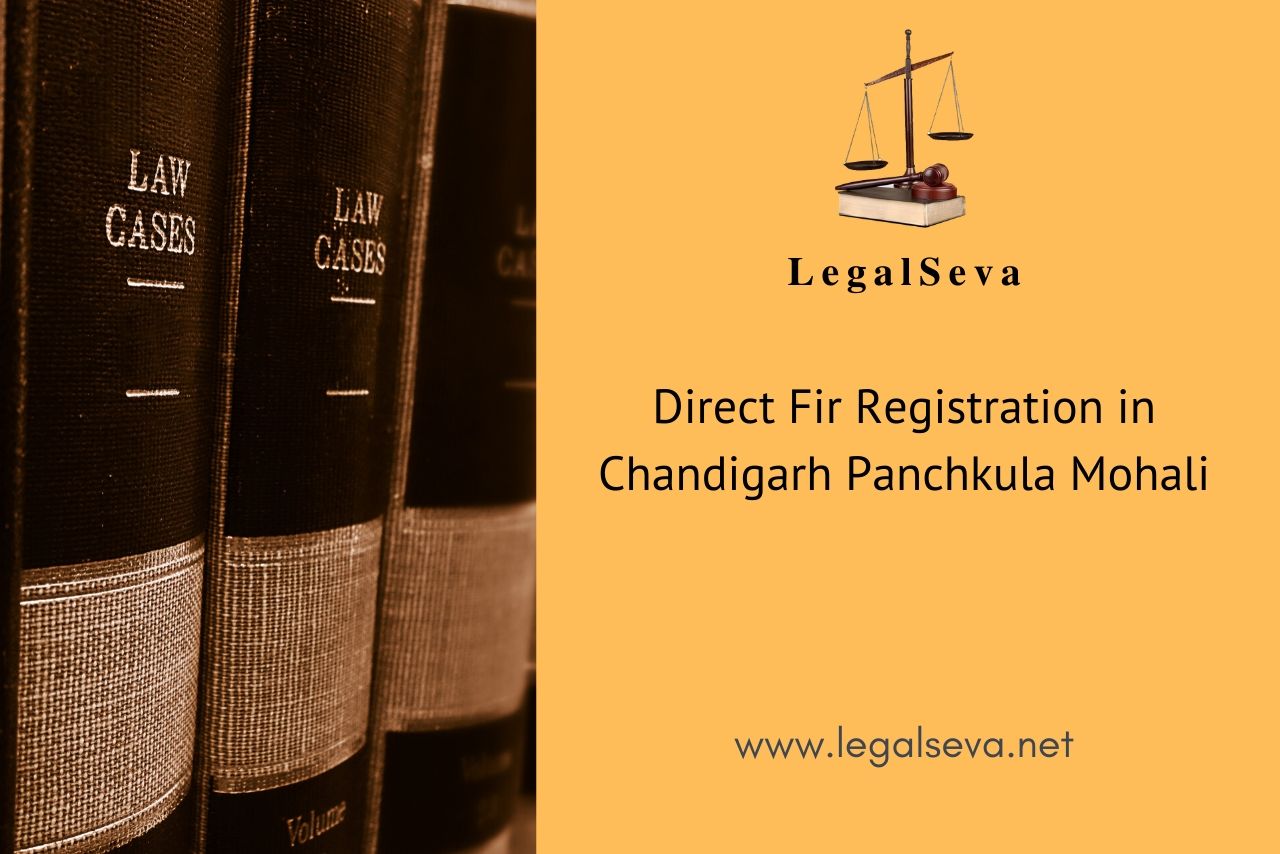Last Updated on June 21, 2024 by Satish Mishra
POWER TO MAGISTRATES UNDER SECTION 156(3)
Magistrates in India have been granted a number of powers in furtherance of their judicial duties. One such power has been granted to the Magistrates under Section 156(3) of the Code of Criminal Procedure, 1973.
What does Section 156(3) provide?
Section 156(3) of the Code of Criminal Procedure, 1973, states the following: – 156. Police officer’s power to investigate cognizable case
(3) Any Magistrate empowered under section 190 may order such an investigation as above- mentioned.
In simple words, this Section gives power to Magistrates who are empowered under Section 190, to direct police officers to conduct an investigation for a cognizable offence. A cognizable offence is the one where a police officer has the power to arrest without warrant in accordance with the First Schedule or under any other law in force.
Also Read- DIFFERENCE BETWEEN SECTION 156 (3) AND 200 OF CRPC
Section 190 provides for “Cognizance of offences by Magistrates” wherein, any Magistrate of first class and any Magistrate of the second class are empowered to take cognizance of any offence-
- For receiving complaints comprising of facts in respect of offence.
- On the police report wherein such facts are reported.
- With respect to information provided from any public or private person, not being a police officer, in relation to the offence.
- In respect of own observations and knowledge, that such offence has been committed.
Further, the section authorizes Chief Judicial Magistrate to empower any Magistrate of second class to take cognizance of such offence that is within his competency to be inquired or tried for.
Also Read- STAGES OF CRIMINAL TRIAL IN INDIA
After taking a note of the sections, it can be concluded that, Section 156(3) empowers Judicial Magistrate of the first and second class to direct a police officer to conduct investigation in respect of cognizable offence. However, a person can approach the Magistrate only in case where the Superintendent of Police has denied an aggrieved person to register First Information Report (FIR) or where in case, FIR has been registered by the SOP but no proper investigation has been done in respect of that information. Thus, only under these circumstances, the aggrieved person can approach the concerned Magistrate for a cognizable offence.
Also Read- FIR IN CHANDIGARH PANCHKULA MOHALI ZIRAKPUR
Application under Section 156(3)
An aggrieved person can approach the Magistrate having jurisdiction, by filing an application under this section along with an affidavit duly sworn by the applicant. Annexing an affidavit alongside the application makes the applicant conscious and also endeavors that a fair affidavit has been made. In case, affidavit is found to be false; the applicant shall be liable for the same and be prosecuted in accordance with law.
If the Magistrate, to whom the application is made, is of the view that the said application along with the affidavit has been made properly in accordance with law, such Magistrate after looking into the merits of the case, shall direct the concerned police officer to register the FIR and begin with the investigation.
Also Read- POLICE NOT REGISTERING FIR, WHAT TO DO?
However, in case where the Magistrate is satisfied that no evidence is required to be collected then such Magistrate shall decline the application made under this section and proceed to take the cognizance of the case himself. Magistrate is not bound to send the matter for investigation and is primarily on his discretion. Where he believes that sending such a matter to investigation will be conductive to justice and shall save precious time of the court, he can further direct the police officer to conduct investigation. In addition, the Magistrate can treat the application made under Section 156(3) as a complaint and further continue the proceedings in accordance with Chapter XV of the CrPC, 1973 which provides for provisions in respect of ‘Complaints to Magistrates’.
Also Read- TIMELINE OF BAIL WHEN CHALLANS DON’T GET FILED
You may also contact best/top/expert criminal lawyer in Chandigarh Panchkula Mohali for your case if may deem fit for free legal or paid advice related to your criminal case.
This post is written by Prabhjot Kaur. For more info on subject, please dial 99888-17966.
